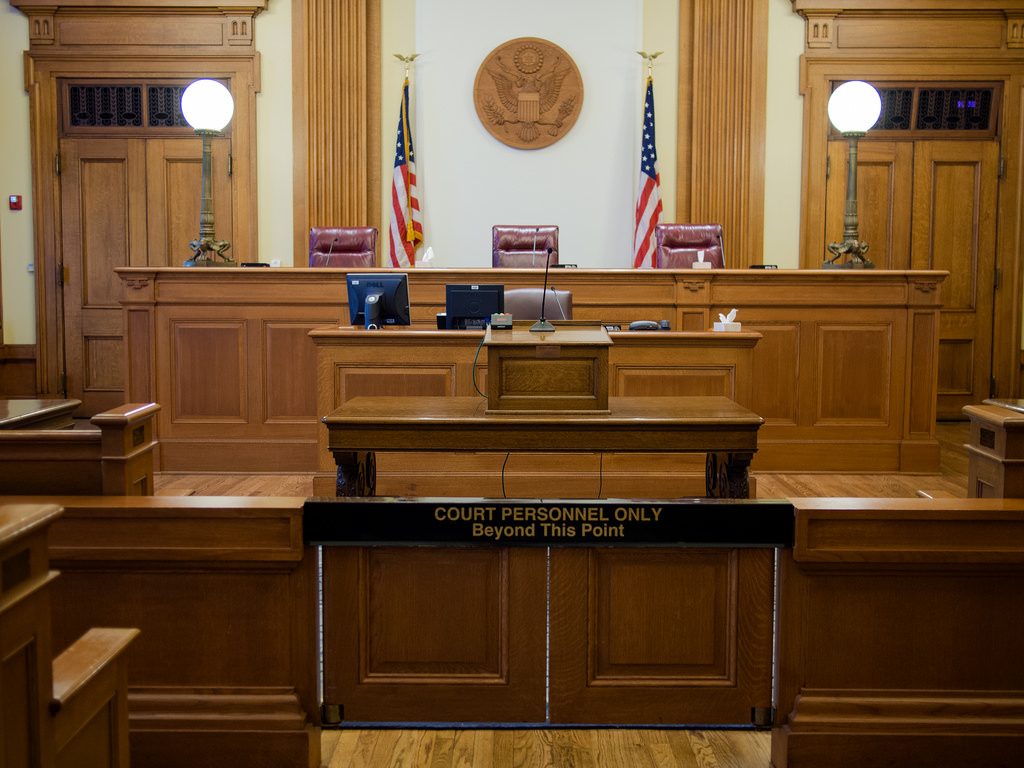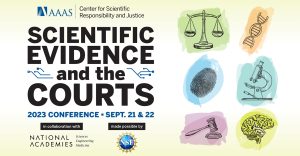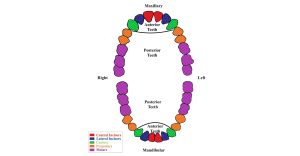In the pursuit of more reliable applications of fingerprint and other forensic evidence, CSAFE researcher and Duke L. Neil Williams Jr. Professor of Law Brandon Garrett recently authored and submitted an amicus brief to the North Carolina Supreme Court. Garrett, along with twenty-six leading forensic analysts, statisticians and researchers including several other members of the CSAFE team who signed the brief. The appellate court had found error in the admission of fingerprint testimony in the case in question, North Carolina v. McPhaul, where the testimony of a latent fingerprint examiner helped to convict the defendant.
In a Duke Law news release, Garrett said, “The goal of the brief was to emphasize to the court that only expert work that is reliably applied to the facts should be admitted at trial. Wrongful convictions can and have resulted when forensic methods are poorly applied in criminal cases.”
North Carolina rules of evidence require that reliable principles and methods serve as the basis for forensic evidence presented in court. Experts involved in testifying must apply these principles and methods reliably to the facts of the case. The expert was unable to explain the fingerprint comparison process used or how the conclusion was reached. As a result, Garrett says the appellate court was correct in ruling that this testimony should have been excluded during trial.
Garrett’s recent paper published in the UCLA Law Review takes a closer look at the reliable application of fingerprint evidence. He explains that judges need a better roadmap to determine if a fingerprint examiner reliably applied analysis methods to the facts of the case and highlights the need for new judicial gatekeeping standards for expert evidence.
According to Garrett, solutions may be found in more detailed reasoning in court rulings, and increased documentation of forensic examination. Also key is guidance from scientific sources such as the PCAST report. In addition, Garrett discusses the importance of rigorous proficiency testing for forensic examiners.
The appellate court decision in McPhaul is an example of “a new judicial focus on what goes on inside the black box. For that reason, the ruling should send an important signal to practicing lawyers, judges and forensic practitioners that the reliable application of principles and methods to the facts matter,” Garrett said.
Review more about fingerprint technology and concerns regarding its scientific validity on the CSAFE blog.




